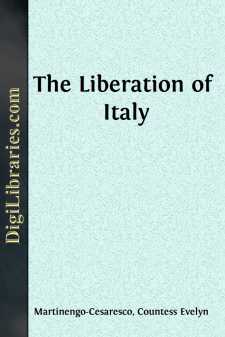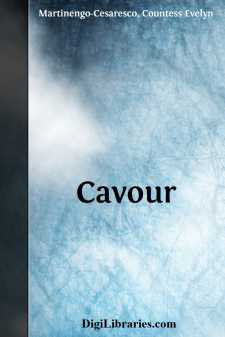Categories
- Antiques & Collectibles 13
- Architecture 36
- Art 48
- Bibles 22
- Biography & Autobiography 813
- Body, Mind & Spirit 142
- Business & Economics 28
- Children's Books 14
- Children's Fiction 11
- Computers 4
- Cooking 94
- Crafts & Hobbies 4
- Drama 346
- Education 46
- Family & Relationships 57
- Fiction 11828
- Games 19
- Gardening 17
- Health & Fitness 34
- History 1377
- House & Home 1
- Humor 147
- Juvenile Fiction 1873
- Juvenile Nonfiction 202
- Language Arts & Disciplines 88
- Law 16
- Literary Collections 686
- Literary Criticism 179
- Mathematics 13
- Medical 41
- Music 40
- Nature 179
- Non-Classifiable 1768
- Performing Arts 7
- Periodicals 1453
- Philosophy 64
- Photography 2
- Poetry 896
- Political Science 203
- Psychology 42
- Reference 154
- Religion 513
- Science 126
- Self-Help 84
- Social Science 81
- Sports & Recreation 34
- Study Aids 3
- Technology & Engineering 59
- Transportation 23
- Travel 463
- True Crime 29
Countess Evelyn Martinengo-Cesaresco
Countess Evelyn Martinengo-Cesaresco (1852–1931) was a British writer and folklorist, known for her works on Italian history, culture, and folklore. She gained prominence with her book "Essays in the Study of Folk-Songs" (1886), which explored the cultural and historical significance of folk music. Another notable work is "The Liberation of Italy" (1895), where she chronicled Italy's Risorgimento movement and its fight for unification. Her writings combined historical insight with a deep interest in national identity and traditions, making her a key figure in both literary and historical circles.
Author's Books:
Sort by:
CHAPTER I RESURGAM Italy from the Battle of Lodi to the Congress of Vienna. The unity of Italy, which the statesmen of Europe and all save a small number of the Italians themselves still regarded as an utopia when it was on the verge of accomplishment, was, nevertheless, desired and foreseen by the two greatest intellects produced by the Italian race. Dante conceived an Italy united under the Empire,...
more...
CHAPTER I HEREDITY AND ENVIRONMENT Nothing is permanent but change; only it ought to be remembered that change itself is of the nature of an evolution, not of a catastrophe. Commonly this is not remembered, and we seem to go forward by bounds and leaps, or it may be to go backward; in either case the thread of continuity is lost. We appear to have moved far away from the men of forty years ago, except...
more...



